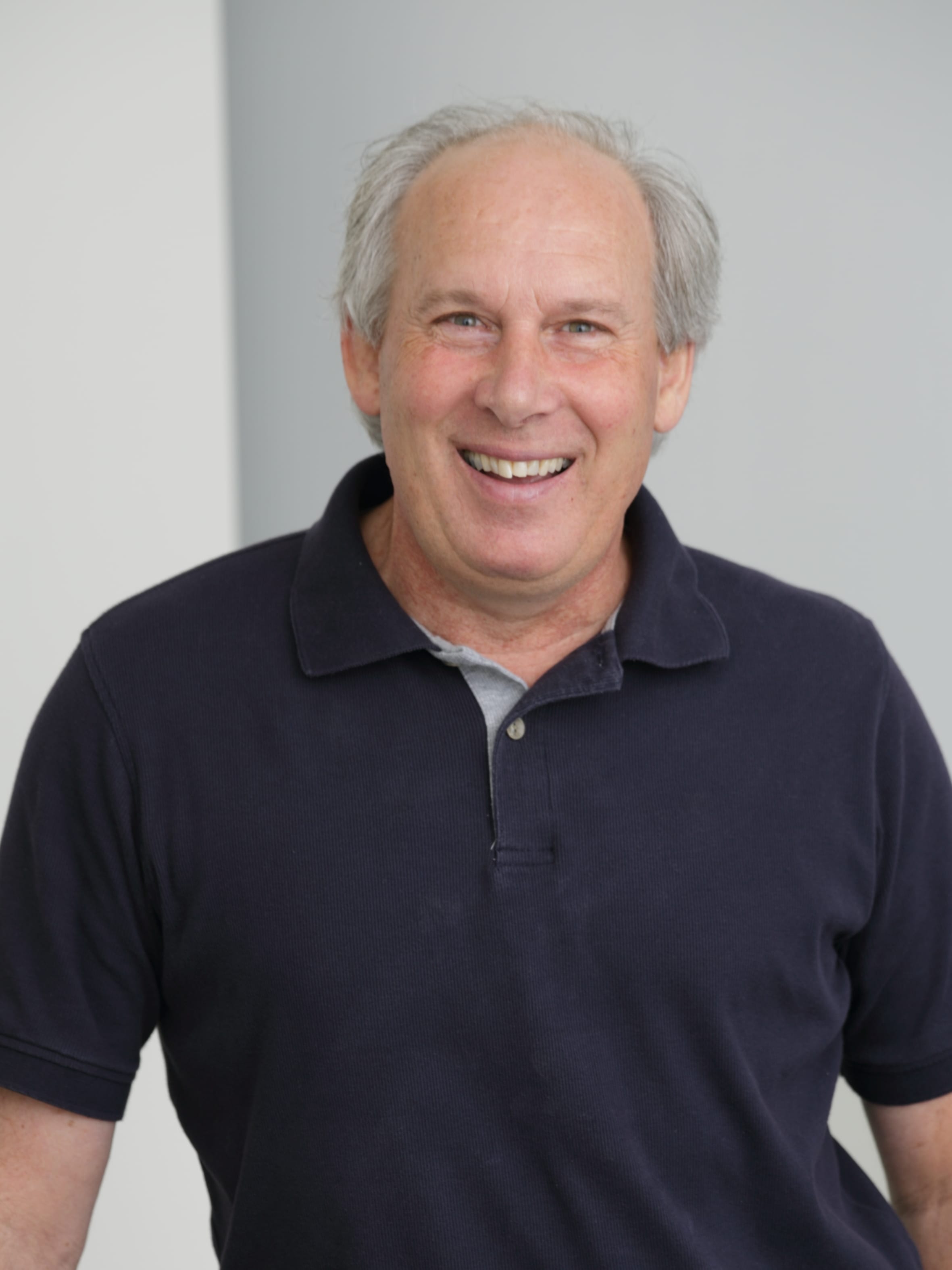Posted by: Dennis Drayna, PhD, NIDCD, National Institutes of Health

I’ve served as a judge for the DNA Day Essay Contest for a number of years now. Every year, I look forward to seeing the efforts of high school students across the world who are grappling with an interesting problem in contemporary human genetics.
This year’s essay question asks students to argue if consumers should or should not have direct access to predictive genetic testing. The results of their efforts vary, of course, but I never cease to be amazed at the level of sophistication displayed by many of them. If you have concerns about society drifting toward less trust of scientific knowledge, you’ll find many of the essays reassuring. All of the entrants’ efforts bolster the view that evidence-based critical thinking is alive and well among today’s motivated and ambitious young people, some of whom will constitute the future generation of our Society’s leaders.
One of the biggest changes I’ve noticed is the evolution in the students’ use of online resources. The traditional scholarly style, with ample use of references to relevant papers in the peer-reviewed literature, always represented a very high standard for students of high school age. The best essays always bore evidence of liberal use of PubMed, and they still do. However, Wikipedia provided an easier entry into this process, and as Wikipedia became a richer and more detailed resource, students began to avail themselves of it. Less ambitious efforts then began to show evidence of using simple Google searches, which themselves have become more effective over time. Some of the less stellar efforts now seem to rely on social media as an information source. Here, I find the chance to provide comments or feedback one of the more satisfying aspects of the judging process.
I have always volunteered as a Round 2 judge, and as far as I’m concerned, the less glamorous part of judging is done for us in Round 1, when the lower quality essays are removed before we Round 2 judges see them, so we’re typically distinguishing between fairly good, very good, and outstanding essays. I’ll admit that as a researcher who does very little teaching (and zero grading of exams or essays), judging these essays doesn’t feel much like any of my regular obligations. And, the workload is very manageable (made easier by the rubric), the website is intuitive and easy to navigate, and it’s always satisfying to contribute to the efforts of ASHG.
If you want to give back a little, judging ASHG DNA Day essays is an easy way to do it. And if we can provide a little support for developing the scientific workforce of the future, so much the better.
Dennis Drayna, PhD, is Chief of the Laboratory of Communication Disorders and Chief of the Section on Genetics of Communication Disorders at the National Institute on Deafness and Other Communication Disorders, part of the NIH. A longtime member of ASHG, he has served as a judge of DNA Day essay submissions since 2014.
Interested in judging DNA Day essays this year? Email dnaday@ashg.org to sign up.
